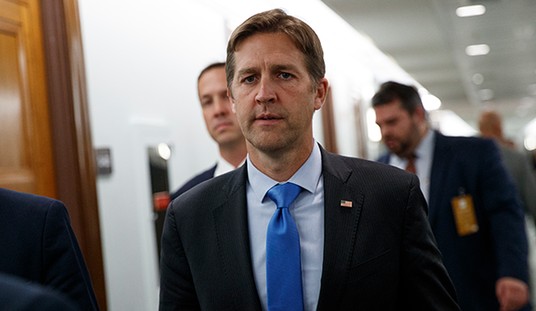Man is a difficult and contrary creature, who hates to do what is good, and loves to do what is bad, for him.
For example, working as a doctor in a prison I noticed that anyone who would take medicine didn’t need it, while anyone who needed it wouldn’t take it. This law had its exceptions, of course; but it often seemed to me that the only prisoners who were not taking anticonvulsants were the epileptics.
Man’s contrariness has led to a technique known as paradoxical intention, according to which a parent or therapist asks a refractory young person to do exactly the opposite of what he really wants him to do. If you want a child to speak, you tell him to shut up; if you want him to sleep, you tell him that he is not allowed go to bed. And there is surely no better method of making someone completely wooden than to tell him to act natural, to be just himself.
These considerations led me to formulate an inverse-burqa law that came to me as an inspiration when, returning briefly to France recently, I saw a report in Le Monde that Belgium has become the first country in Europe to ban the wearing of female attire that covers women up entirely like the plague doctors of the sixteenth century.
Now this is all to the good, but if adopted in Britain would not entirely solve the problem of the female dress code. For we in Britain face not only the problem of the niqab and the burqa, but the opposite problem of young women who uncover themselves far too much.
When I say “too much,” I am speaking from the strictly aesthetic, not the moral, point of view. In every British town and city, fat and lumpen British girls, as often as not tattooed, who represent a constant diet of fast food, soft drinks, and too much beer made pale flesh, come out into the streets on Friday and Saturday scantily clad, to scream and shout like the vulgar drunken slatterns they mostly are. Here, if anywhere, is the place for the niqab and the burqa.
These garments would have several advantages. First, of course, is that they would add (admittedly by subtracting from ugliness) to the aesthetics of our streets. They would also make it more difficult for the women inside them to drink too much, thus serving a public health function; and they would muffle the sound of their loud moronic expostulations, surely an end to be cherished by anyone who values intelligence and culture.
What I would suggest, therefore, is that each town and city set up a committee, along the lines of the Committee of Public Safety in the French Revolution, to determine which young women should be obliged to wear the niqab and the burqa to prevent offenses against public good taste. A first offense would mean the niqab for a determinate period of time; a second, such as exposing a tattoo to public view (two strikes and you’re out), would mean a life sentence of the burqa in public.
My proposal would also calm the fears of Muslims that they were being picked on to the exclusion of others who, after all, merit public control over what they wear no less than they. And this even-handedness is very important in a multicultural society such as ours.









Join the conversation as a VIP Member